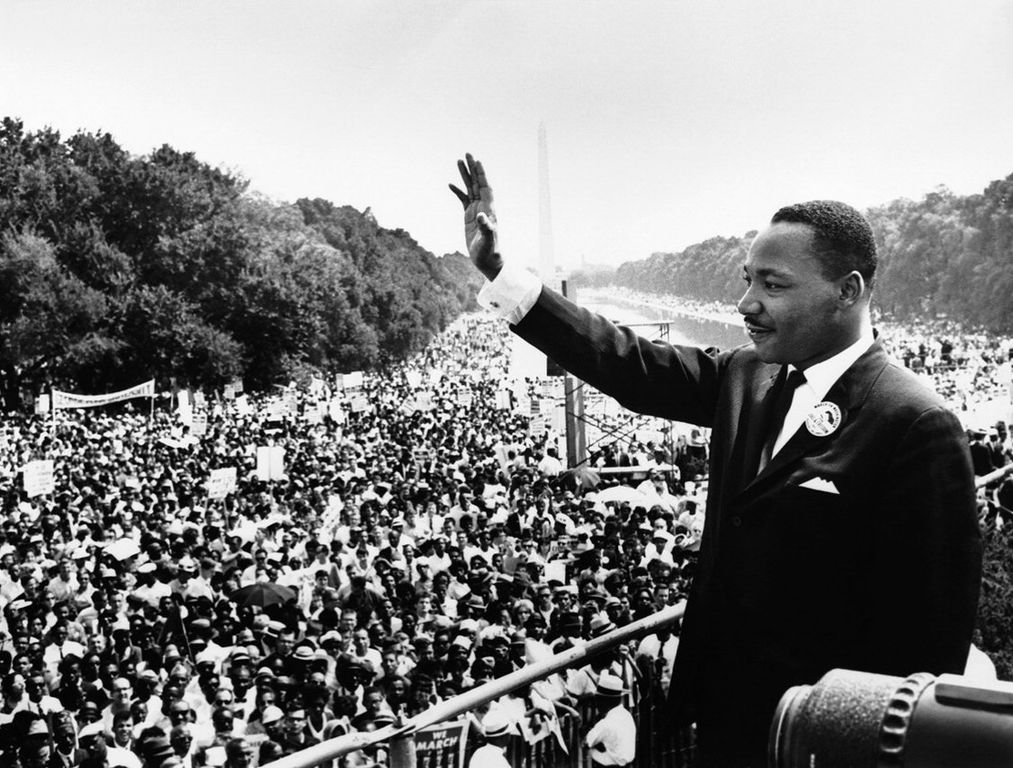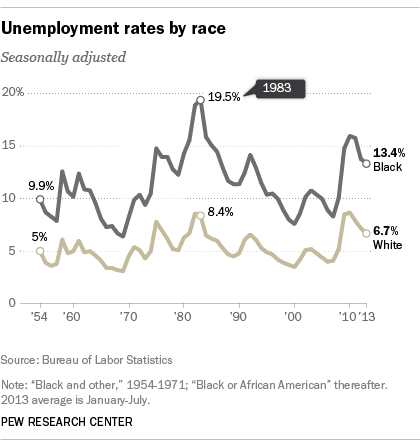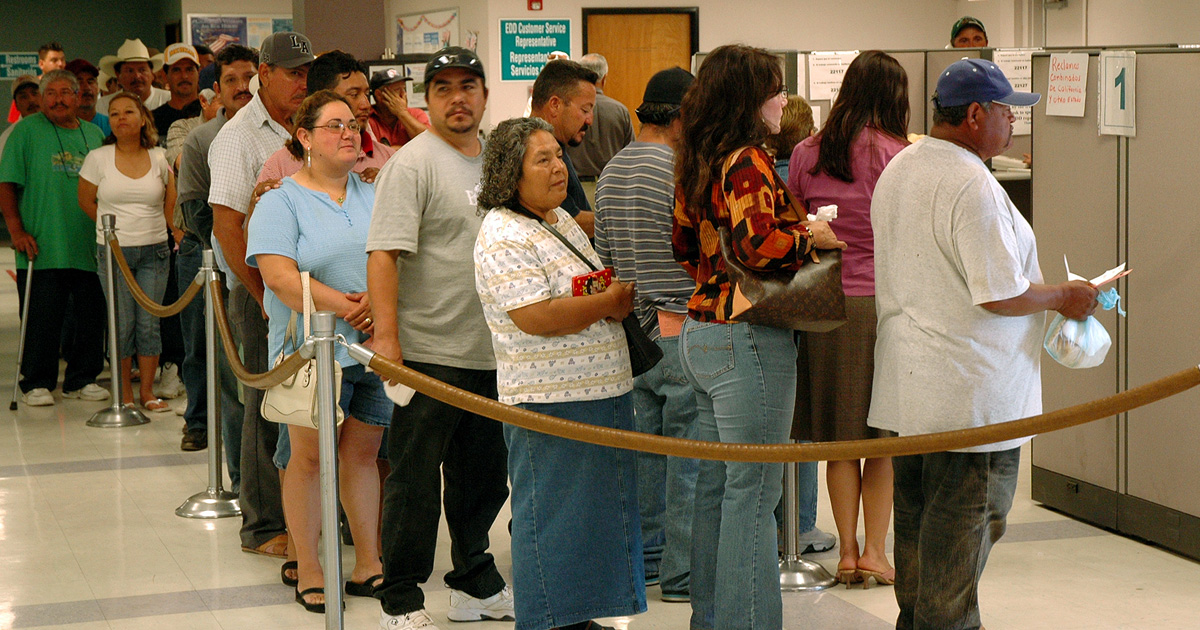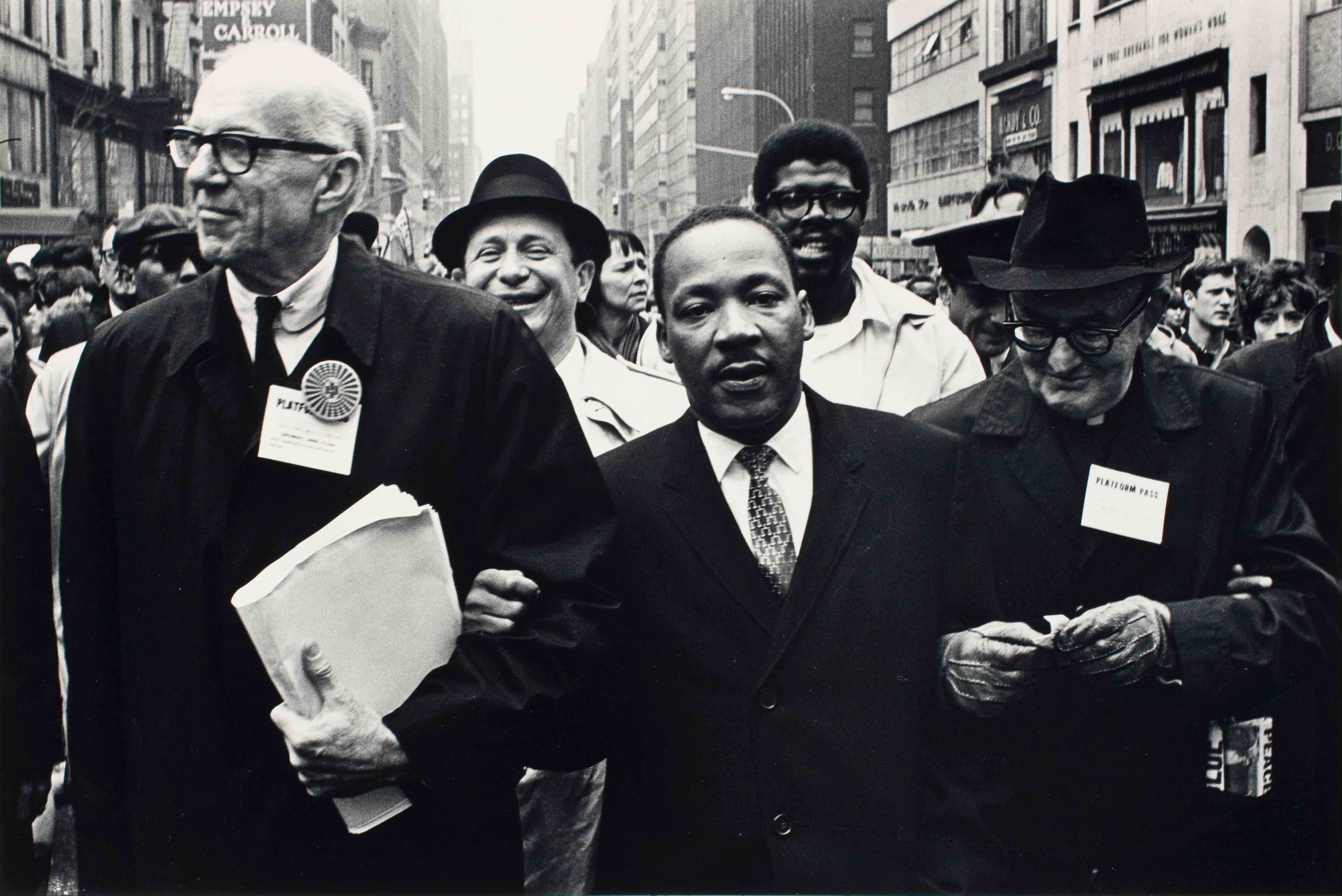What MLK's Campaign on Poverty Means Today

By:
Martin Luther King Jr. is most remembered for his "I Have a Dream" speech and nonviolent civil rights protests. But many people aren't aware that the final years of King's life were devoted to a campaign against poverty. He aimed to fight unemployment and under-employment for people of all races and stressed that racial struggles are intertwined with economic ones.
RELATED: 5 Quotes from Martin Luther King, Jr.'s 'I Have a Dream Speech' to Remember
 Wikimedia - wikimedia.org
Wikimedia - wikimedia.org
King spent his last birthday working on an economic plan called The Poor People's Campaign. He argued that all Americans should be provided with a fixed middle class income.
In his 1968 speech "The Other America," he emphasized that Americans living in poverty have vastly different experiences of the country than those who do not. One America, King said, "is the habitat of millions of people who have food and material necessities for their bodies, culture and education for their minds, freedom and human dignity for their spirits." The other lies outside "the sunlight of opportunity" and differs greatly.
King's Other America lives in poverty.
"Probably the most critical problem in the other America is the economic problem," he said. "There are so many other people in the other America who can never make ends meet because their incomes are far too low if they have incomes, and their jobs are so devoid of quality. And so in this other America, unemployment is a reality and under-employment is a reality."
Those living in King's "other America" lack access to education, decent housing, and job opportunities. He estimated the unemployment rate at 16-17 percent in the black community, and as high as 45 percent among Black youth.
 Pew Research - pewresearch.org
Pew Research - pewresearch.org
Unemployment is as much a racial problem today as it was in King's time. In May 2015, the unemployment rate for Black Americans was 11.5 percent, the Atlantic reported. That's more than double the rate for white Americans.
Statistics about race and unemployment may be unreliable.
King argued that unemployment statistics collected by the Labor Department are always inaccurate, accounting only for those who visit employment offices or have recently lost their jobs, and not those who stop looking because of how defeating the process is.

"They do not take under consideration the thousands of people who have given up, who have lost motivation, the thousands of people who have had so many doors closed in their faces that they feel defeated and they no longer go out and look for jobs, the thousands who've come to feel that life is a long and desolate corridor with no exit signs," he said.
Unemployment statistics remain a heated issue among politicians and activists. Democratic presidential candidate Bernie Sanders has frequently cited racial disparities in unemployment and questioned the accuracy of the statistics in both interviews and debates. "Do you know what real African-American youth unemployment is? It’s over 50 percent," Sanders told The Nation last year. Though Sanders' specific figure may be exaggerated, the idea that unemployment statistics are shaky is hardly an unpopular opinion.
"Indeed, the unemployment rate is a bit arbitrary," Nin-Hai Tseng wrote in Fortune magazine, citing essentially the same reasons articulated by King more than 40 years earlier.
There's a racial stigma on poverty
King's "Other America" speech also emphasized that the language we use to talk about poverty is racially charged:
"All too often when there is mass unemployment in the Black community, it's referred to as a social problem, and when there is mass unemployment in the white community, it's referred to as a depression. But there is no basic difference."
There are still great racial gaps in poverty and unemployment. Television and film have provided new platforms to misrepresent or downplay poverty, though there are shows that challenge common assumptions about racial and economic inequality. David Simon, creator of acclaimed drama "The Wire," said in language that mirrored King that he deliberately wrote characters that humanized stereotypes. He explained this to NPR:
"We were about the America that got left behind. We were saying something legitimate about that portion of the country that doesn't have a lot of television shows made about it."
Why King's campaign against poverty isn't well known.
 Wikimedia Commons/Benedict J. Fernandez - wikimedia.org
Wikimedia Commons/Benedict J. Fernandez - wikimedia.org
The Poor People's Campaign may be less well known than King's role in the civil rights movement because the economic problems it hoped to address were, and continue to be, widespread and difficult to comprehend.
"It is easier to celebrate King as a civil rights leader, because that was the easier part of his vision to realize," Clayborne Carson, director of the Martin Luther King Jr. Research and Education Institute at Stanford University, told CNN. "The Southern Jim Crow system was a regional anachronism rather than a national problem — the gulf between rich and poor — that we still prefer to ignore."
